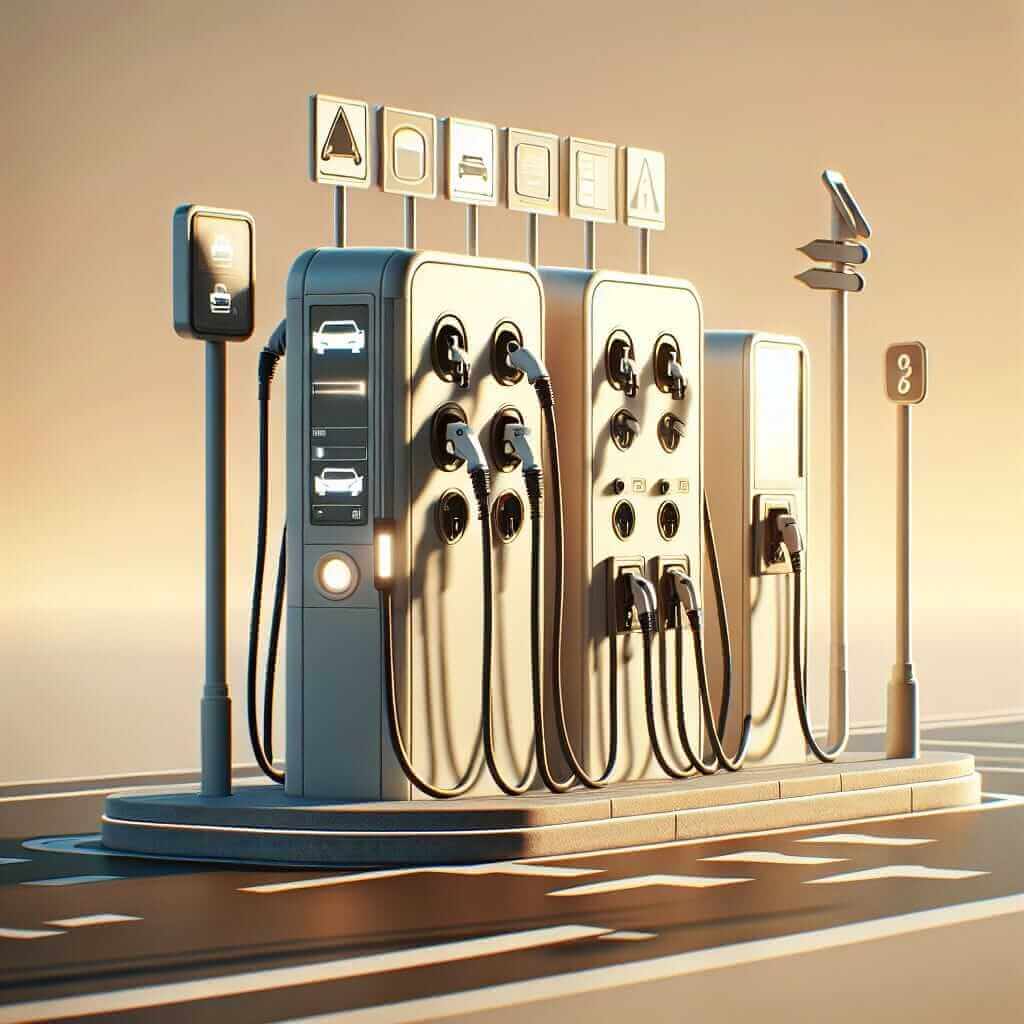The Reading section of the IELTS exam tests your ability to understand and interpret texts on various topics. One increasingly relevant and frequently discussed topic in recent years is the challenge of achieving net-zero emissions in the transportation sector. This topic has appeared in numerous past IELTS exams and is highly likely to reappear due to its ongoing significance and global relevance. In this article, we will create a complete IELTS Reading practice test focusing on this topic. This will help you familiarize yourself with the format and improve your reading skills.
Practice Reading Test: Achieving Net-Zero Emissions in Transportation
Passage
Achieving Net-Zero Emissions in Transportation
The transportation sector is a significant contributor to global greenhouse gas emissions, accounting for approximately 24% of total emissions. Achieving net-zero emissions in this sector is crucial to mitigate climate change. However, numerous complex challenges stand in the way.
One of the primary challenges is the heavy reliance on fossil fuels. The majority of vehicles worldwide depend on gasoline and diesel, which release significant amounts of carbon dioxide (CO2) when burned. Despite advancements in electric vehicle (EV) technology, the adoption rate remains relatively slow due to high costs, limited charging infrastructure, and range anxiety among consumers.

Furthermore, various modes of transportation, including aviation and maritime shipping, pose unique challenges. Aircraft and ships are more challenging to electrify compared to road vehicles due to their massive size and the energy required for long-distance travel. The development of alternative fuels, such as biofuels and hydrogen, is ongoing but currently lacks the necessary scalability and cost-effectiveness.
Government policies and regulations play a vital role. While some countries have introduced incentives for EVs and stringent emissions standards, global cooperation and consistent policies are necessary for substantial progress. Differences in economic development and political will among nations often result in fragmented efforts.
Investment in infrastructure is another critical factor. Building a comprehensive charging network for EVs, retrofitting ports for alternative fuel supplies, and upgrading public transport systems require substantial financial resources. Public-private partnerships and international funding can aid in overcoming these financial barriers.
Finally, consumer behavior must shift towards sustainability. Public awareness campaigns and education are essential to encourage the use of public transport, biking, and walking, and to promote the benefits of EVs and alternative fuels. Overcoming the inertia of established habits requires persistent effort and societal change.
In conclusion, achieving net-zero emissions in transportation is a multifaceted challenge involving technological, economic, political, and social factors. While progress is being made, coordinated global action and innovative solutions are paramount for success.
Questions
Multiple Choice Questions
-
What is one reason why electric vehicles (EVs) have a slow adoption rate?
A. High purchase prices
B. Lack of consumer interest
C. Insufficient marketing
D. Government restrictions -
Which of the following is NOT a challenge for electrifying aircraft and ships?
A. Energy requirements for long distances
B. High cost of electric batteries
C. Limited alternative fuel development
D. Size of the vehicles
True/False/Not Given Questions
-
Government policies and regulations are consistent across all nations in addressing transportation emissions.
- True
- False
- Not Given
-
Consumer behavior has no impact on achieving net-zero emissions in the transportation sector.
- True
- False
- Not Given
Matching Information
Match each factor to its related challenge:
5. Technological advancements
A. Investment in infrastructure
6. Government policies
B. Heavy reliance on fossil fuels
7. Investment requirements
C. Fragmented efforts among nations
Sentence Completion
- The main contributors to greenhouse gas emissions in transportation are __ and __.
Answer Key
- A. High purchase prices
- B. High cost of electric batteries
- False
- False
- B. Heavy reliance on fossil fuels
- C. Fragmented efforts among nations
- A. Investment in infrastructure
- gasoline, diesel
Common Errors and Tips
- Misunderstanding Keywords: Often, the challenge lies in identifying the correct keywords in both the question and the passage. Practice with various texts to become proficient.
- Skimming vs. Scanning: Develop a clear strategy for skimming the passage for a general understanding and scanning for specific information.
- Time Management: Allocate your time wisely, spending adequate time on each question without lingering too long on difficult ones.
- Answer Validation: Cross-check your answers with the passage to ensure accuracy.
Vocabulary
- Reliance (noun) /rɪˈlaɪ.əns/: Dependence on or trust in someone or something.
- Adoption (noun) /əˈdɑːp.ʃən/: The action of starting to use something new.
- Scalability (noun) /ˌskeɪ.ləˈbɪl.ə.ti/: The capacity to be changed in size or scale.
- Fragmented (adjective) /ˈfræɡ.mən.tɪd/: Broken into separate parts.
Grammar
- Passive Voice: Used to focus on the action rather than who performs it. E.g., “The development of alternative fuels is ongoing.”
- Structure: Object + form of “to be” + past participle (e.g., “is developed”).
- Example: “A comprehensive charging network for EVs needs to be built.”
Conclusion
To excel in the IELTS Reading section, practice comprehensively with relevant topics, understand the question types, and enrich your vocabulary and grammar skills. Remember, persistent effort and smart strategies are your best allies. Good luck with your IELTS preparation!